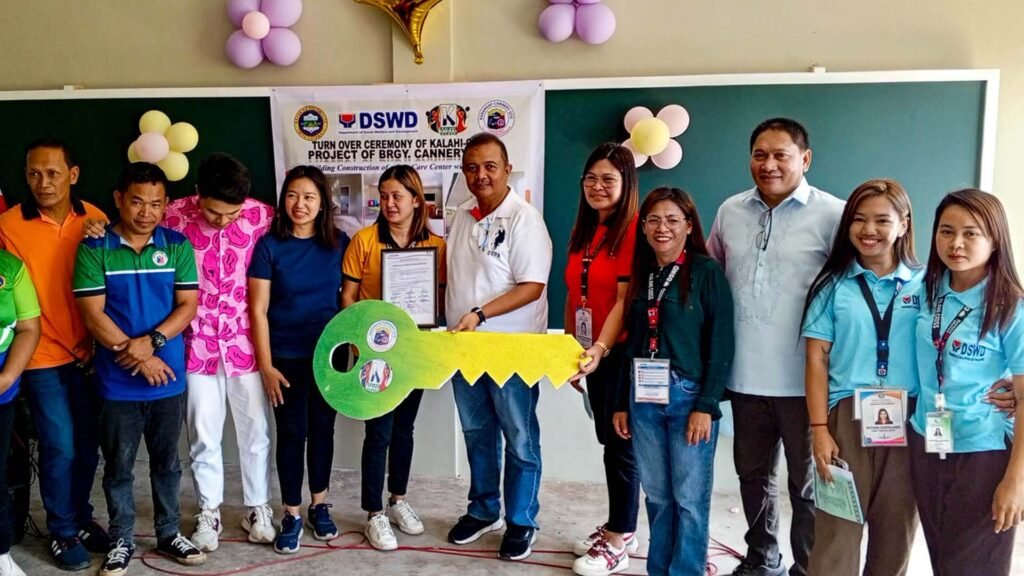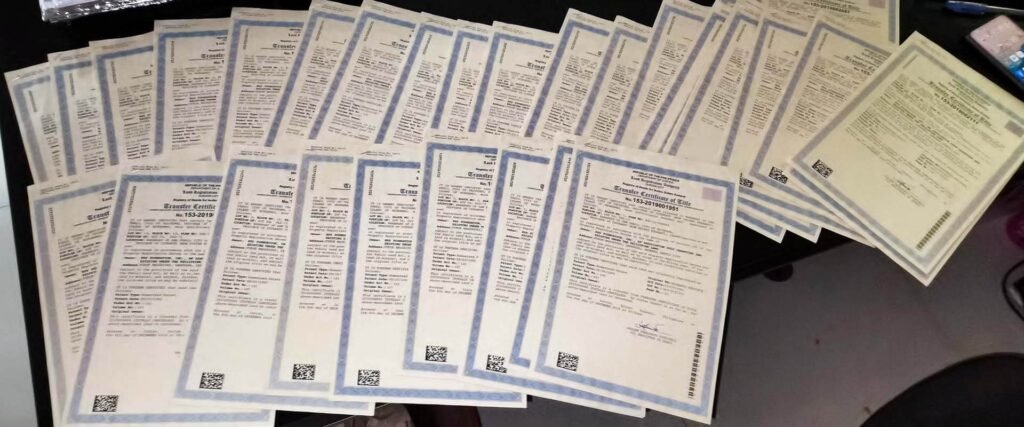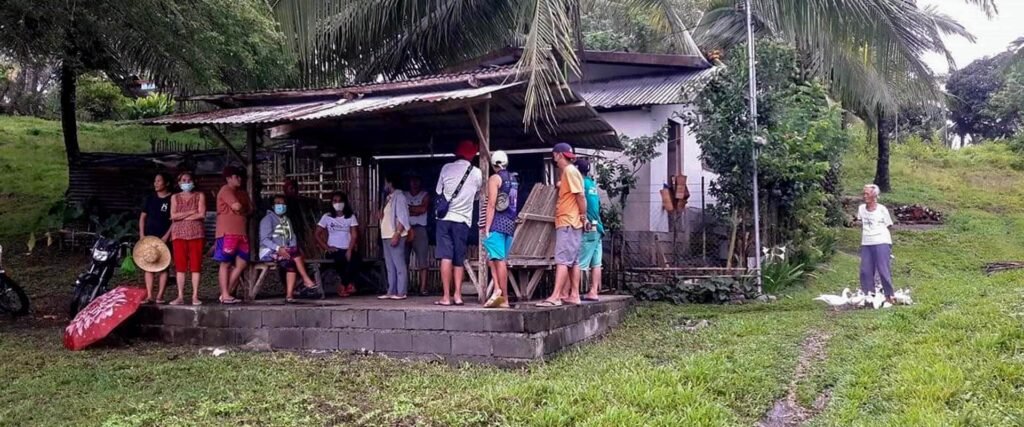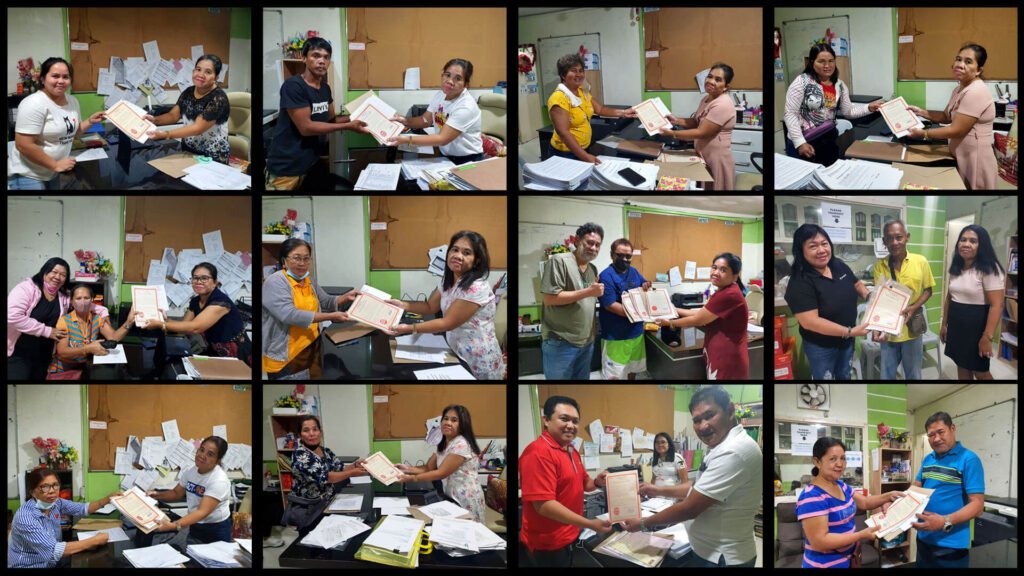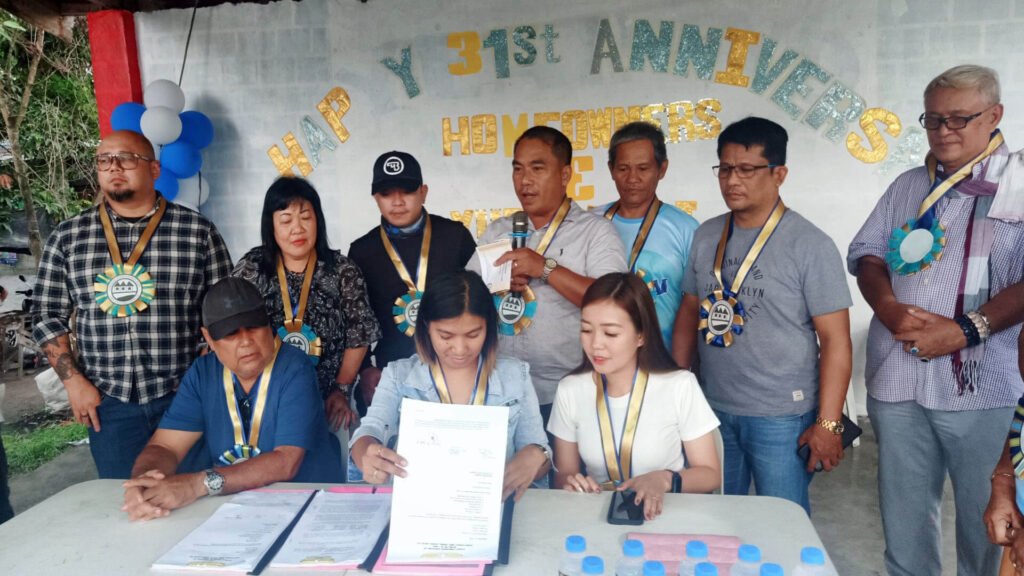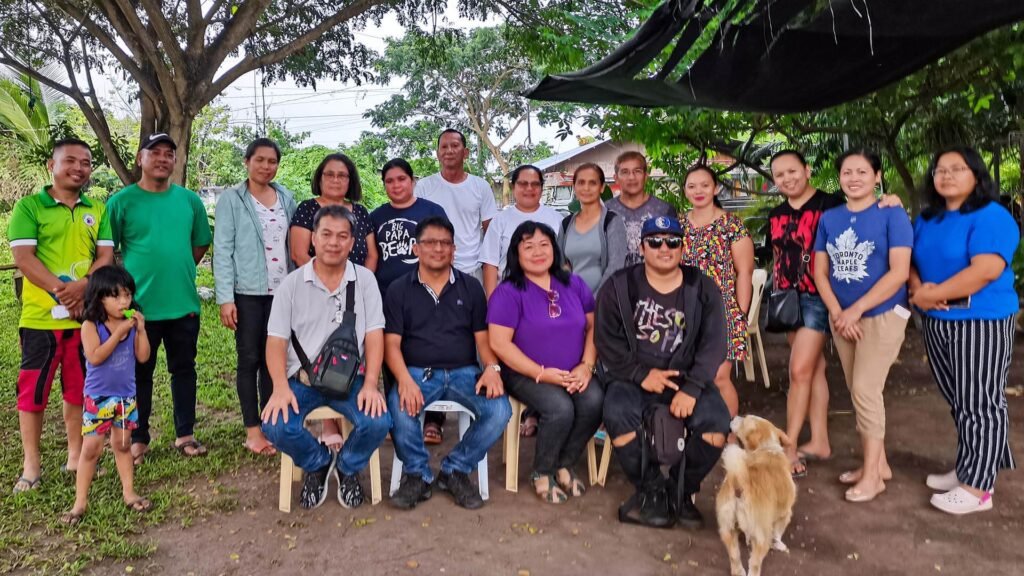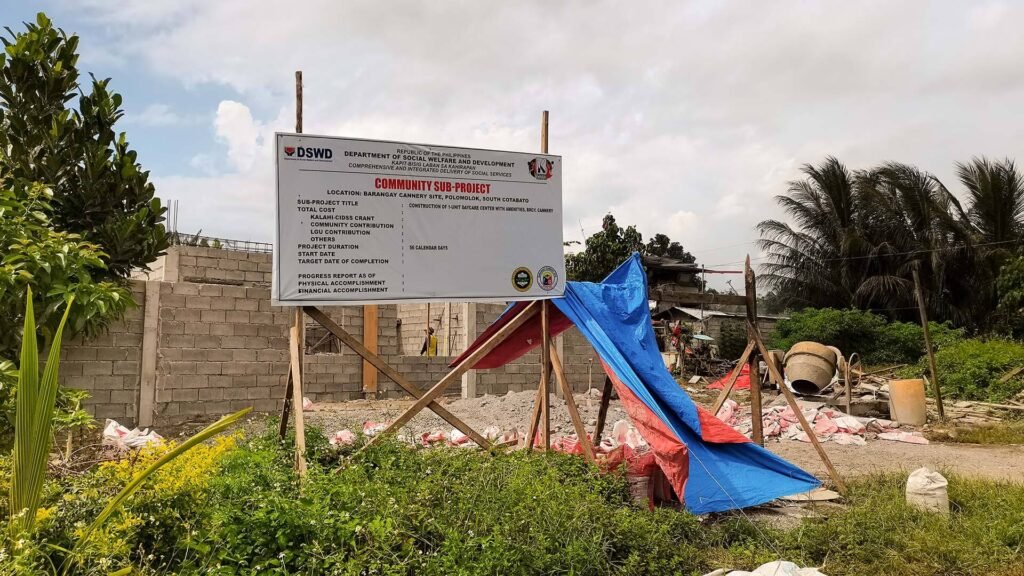March 7th, 2024, the Department of Social Welfare and Development (DSWD) celebrating the completion of its Day Care Center project in Abrea Village, Barangay Cannery Site, Polomolok, South Cotabato through Kapit-Bisig Laban sa Kahirapan-Comprehensive and Integrated Delivery of Social Services (KALAHI-CIDDS) program. Project development staff Neri Jorolan was present on behalf of KPS Foundation.
The event marked the culmination of collaborative efforts, demonstrating the transformative power of partnership between the government and the community. The newly completed Day Care Center stands as a testament to what can be achieved when dedicated individuals unite for a common cause: the welfare and development of their community. The turnover ceremony was a joyous occasion, brimming with gratitude and optimism for the future. Representatives from DSWD’s KALAHI-CIDSS program, local government officials, community leaders, and residents gathered to witness the symbolic handover of the facility. It was a moment of immense pride for everyone involved, reflecting the tireless dedication and hard work that contributed to making this project a reality.
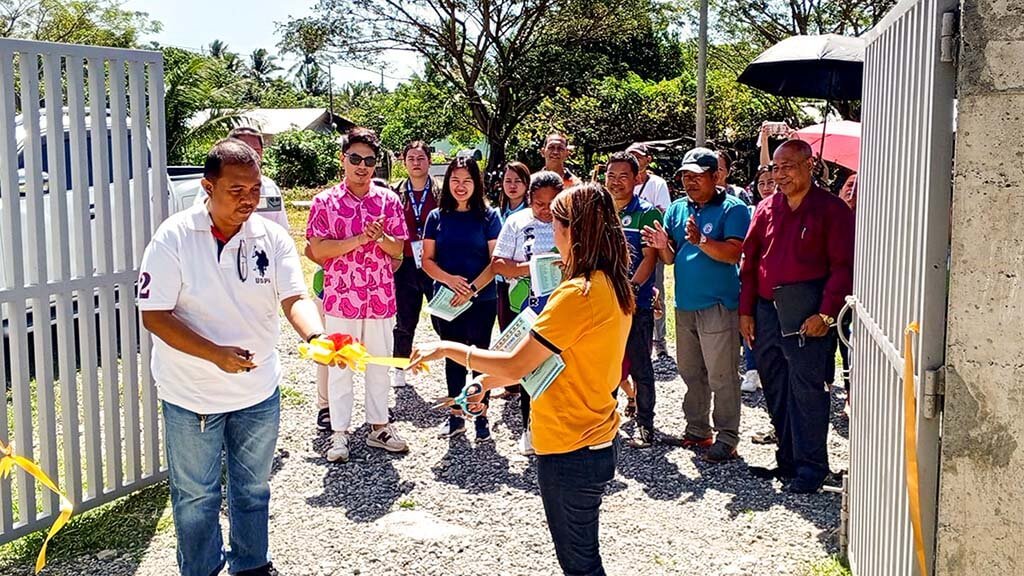
As the ribbon was cut and the doors of the Day Care Center swung open, it meant more than a simple building opening; it marked the dawn of a new era for the community. Quality early childhood education is now accessible to children in Abrea Village, providing them with indispensable skills necessary for their future success and prosperity.
In his opening remarks, Barangay Captain Rogen C. Ermitaño cordially welcomed and acknowledged the presence of important figures, such as Joyce Sorilla, the KALAHI CIDSS Act Area Coordinator, Glanica B. Maguiguilid, the Municipal Early Childhood Care and Development (ECCD) Focal Person, representatives from the Municipal Office, Purok Chairman Russ O. Gatilogo, and Abrea Village homeowners’ association officers.
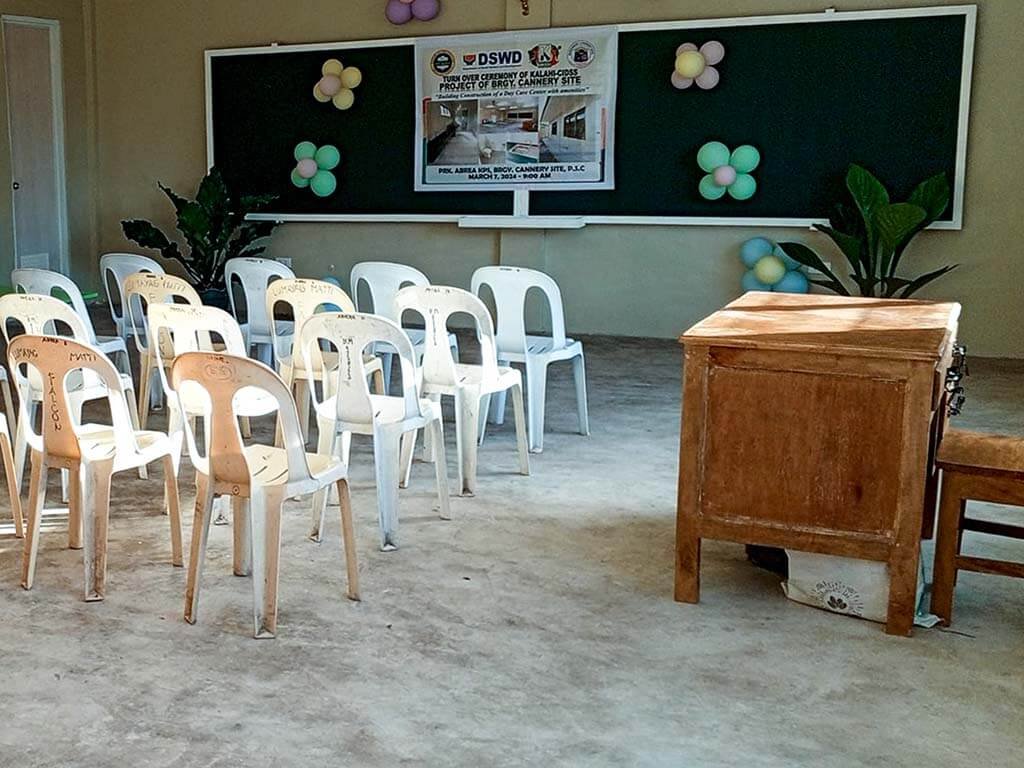

During the turnover ceremony, Glanica B. Maguiguilid, the Municipal Social Welfare Development Office’s ECCD Focal Person, exuded joy. She brought up the Philippine Republic Act 8980, also known as the Early Childhood Care and Development Act, as she persuasively discussed the need of early childhood education. This law allocates money to facilitate the implementation of an extensive policy and a national framework for ECCD. A vast range of services, including as early education, healthcare, nutrition, and social initiatives, are included in the ECCD system. Its goal is to support young children’s optimal growth and development by attending to their holistic requirements from birth to age six.
ECCD strives to support a child’s social, emotional, cognitive, and physical well-being in addition to preparing them for elementary school. This ensures a strong foundation for lifetime learning and general wellness. It is true that early childhood development and care have the power to create future citizens who are capable, kind, and responsible. The new building at Abrea Village offers a secure and supportive learning environment that gets these young students ready for formal schooling. It is anticipated that the facility will hold 50 students per day, split into morning and afternoon sessions.
Ava Joy Elias is introduced during the celebration by Mr. Gatilogo, the president of Abrea Village HOA and also the purok chairman, and Barangay Captain Ermitaño. She is the designated KPS Day Care Center teacher, responsible for promoting the social and emotional development of the students, their fundamental skill acquisition, and their connections with peers and parents.

The people of Abrea Village would like to express their sincere gratitude to the Polomolok Local Government Unit and the Department of Social Welfare and Development (DSWD) in particular for their joint efforts in bringing this initiative to fruition through their collaboration with KALAHI-CIDDSS. The Abrea KPS Day Care Center is looking forward to continued-support from the local government unit as it gets ready for the next phase of its operations. This support will include the provision of necessary supplies and equipment that will improve the quality of education that the children in the community get.
